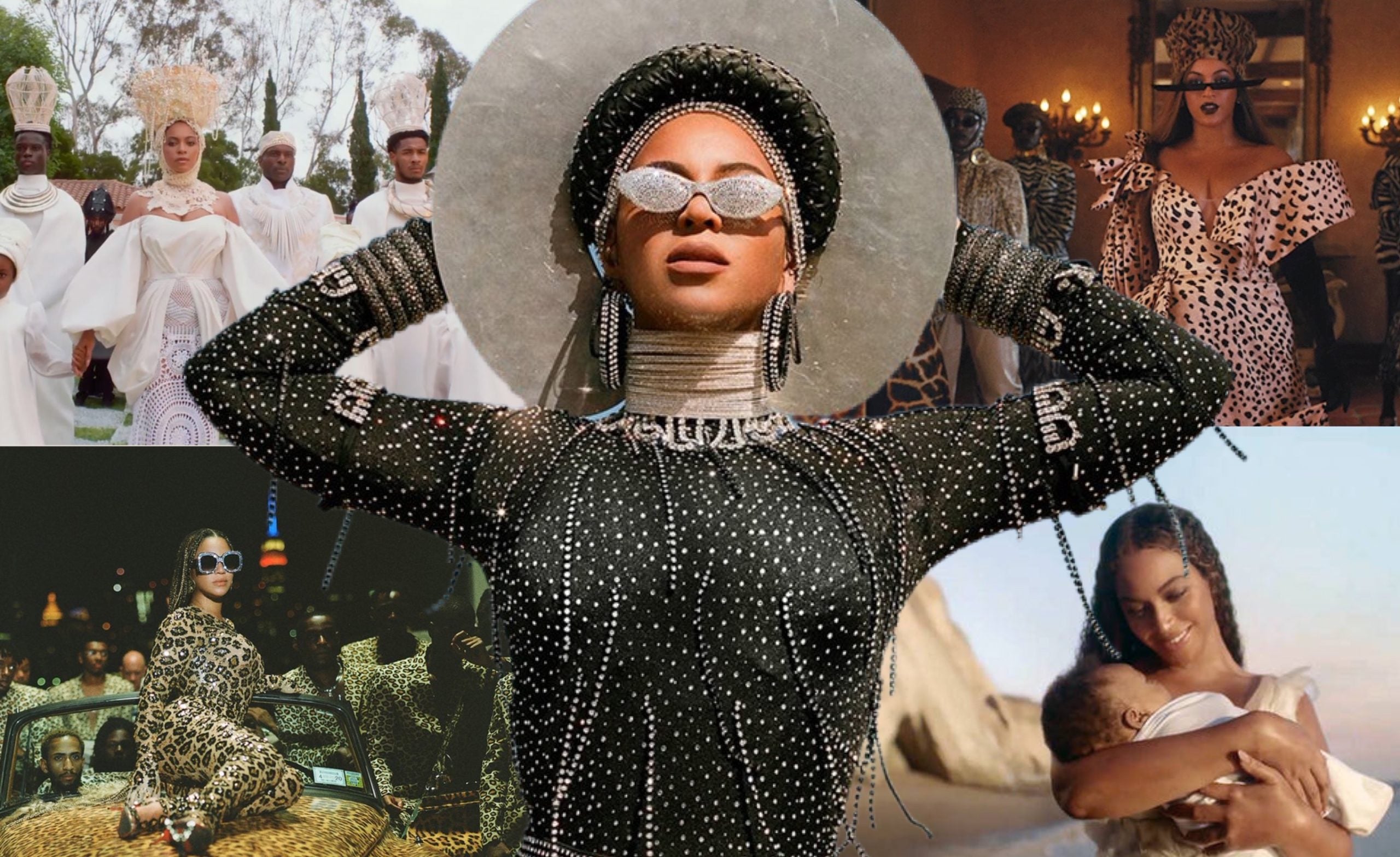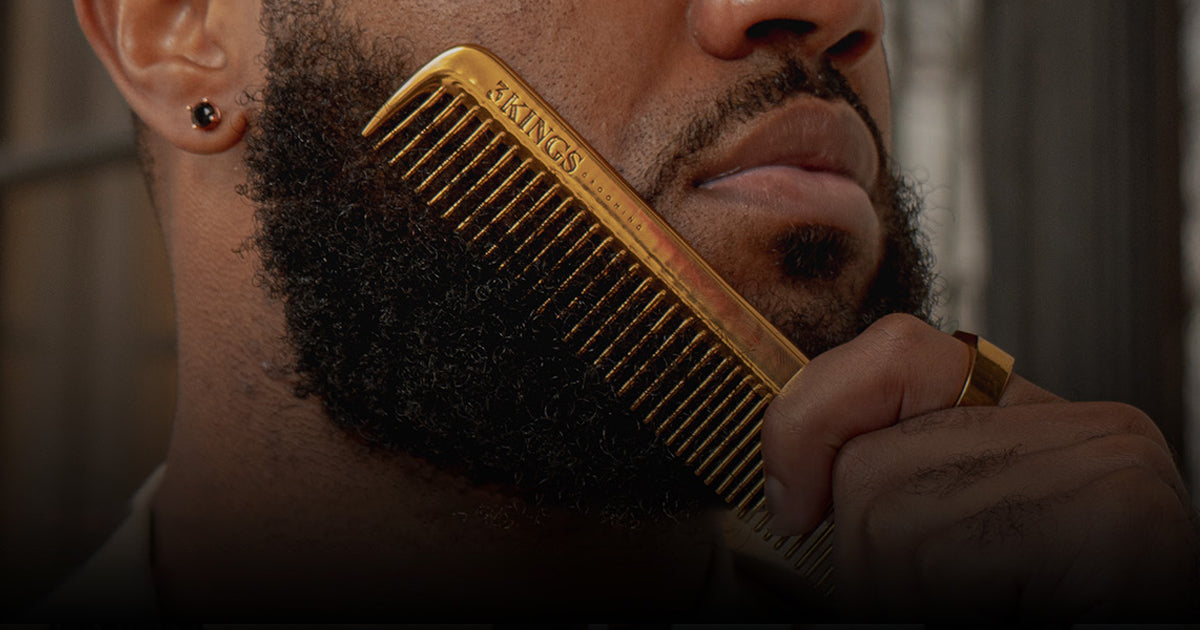Black is King: A Community Affect

Beyonce Knowles-Carter took the world by storm - yet again - with her visual album companion to The Gift accompanying the live action remake to Disney’s The Lion King. Black is King, released July 31st, reflects Black excellence in the 21-century through the channels of self-identity, finding your way home, and other themes with toe-tapping melodies and beats. Another loving aspect of the visual album would be its background figures and artists that collaborated with Beyonce—she kept everything with African tones, musicians, dances, dancers, visual representations, clothing and costumes...all representations of African culture and vibes. Watching this visual album would give no question to what or how this affected the Black community; however, let’s take a dive into some of its aspects.
The execution of the visual album helped build confidence within younger generations of the Black community through songs such as BROWN SKIN GIRL and ALREADY; first heightening their identity in royalty and covering colorism. The praises in Brown Skin Girl run deep throughout the chorus to the depictions of beautifully rich color with young girls and women celebrating the skin they are in while loving on each other. Already serves as a warrior call with a bop to it; the catchy chorus and bridge sparks a move in the listener’s shoulders with the positive and stern affirmations building the royalty within. The visual aspects of having powerful Black men firm in their stances throughout the imagery also brings the point in further—“Long live the king, you a king you know it King already, my baby, you know it”.
Spirituality covers a special area within the Black community, and Black is King finds itself both critique and praise. The main critique many expressed throughout the visual album included the imagery of African religious symbols that many viewers may not have noticed or even felt related to other aspects of religion. However, Beyonce takes a jump into showing various images and even emulates them herself in different scenes. She uses the motif of water to represent different aspects of spirituality, especially with NILE featuring Kendrick Lamar. With her leading the visuals from rebirth to afterlife, she opens the world to the topic and exploring what was hidden deep within our roots. Now, the community has more access to knowledge and possibly where to look to.
Self-identity proves to be the major theme within the visual and audio album. Throughout the storyline there is a search, establishment, and appreciation for self-identity while aligning with heritage. The community understands, outside of the Western view, what our common home’s riches and culture are. Shown strongly through MOOD 4 EVA, BIGGER, FIND YOUR WAY BACK, KEYS TO THE KINGDOM, and others, finding identity and even royalty is centerfield to happiness with discussions of accepting who or what that may look like. New generations, even some elders, have an optical aid of what African everything is; while investigating why it is the predecessor to what is known today in music, fashion, dance, and other cultural values moves the way it does.
Whether African, Black Americans, Afro-Caribbean’s, Afro-Latinx, etc. there is something to learn and build appreciation upon from Black is King. The experience, even homecoming for most, executive produced, directed, and written by Beyonce, acts in many spaces to introduce new meaning to the Black community and Blackness, no matter where in the world that community is. We are continually finding ourselves and require the structure of those who look like us to give that validation - we are, and have always been, beautiful and royal.
“In the end, we are one. Black Is King portrays all shades of Black and recognizes Blackness as a spectrum, acknowledging that each of its shades is royalty.”–Ifeanyi Nsofor
References
- https://www.npr.org/2020/08/04/898881279/beyonce-black-is-king-review-searches
Photo Credit: TravelCoterie





Comments